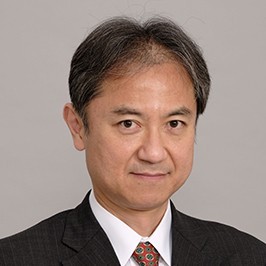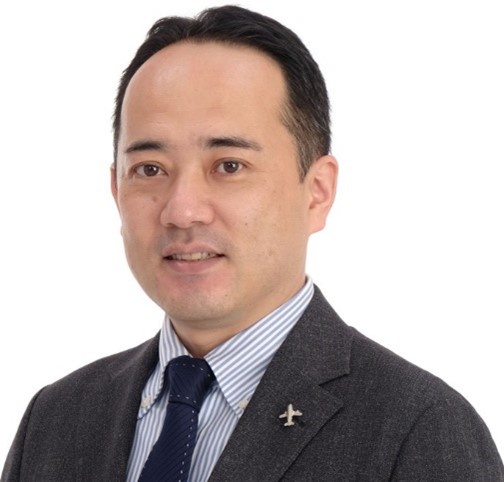Growth and innovation are driving the Medical Device industry into becoming an increasingly global and competitive marketplace. Digitalization in manufacturing, new relationships through outsourcing, mergers, acquisitions, expanded geographic markets, and increased regulatory scrutiny add complexity to the way forward.
At Kepner-Tregoe, we work with medical device companies to address the challenges of working in a highly regulated environment. In an industry where quality is indispensable and competition demands continuous improvement, medical device companies rely on KT to improve investigations, accelerate corrective and preventive actions, and proactively manage risk with rapid and effective issue resolution including regulatory reporting. Kepner-Tregoe’s structured approach to documented troubleshooting for root cause and risk analysis, helps client organizations gain confidence in the CAPA process and achieve status with regulatory authorities.
As expert troubleshooters and decision makers face endless datapoints and constant change, the KT analytic processes for solving problems and making decisions are used throughout medical device manufacturing and development organizations. Our structured methodologies quickly identify relevant data and help develop excellent skills in making the best decisions regarding highly complex issues including capital investments. Strong critical thinking skills help managers address multifaceted issues in new product development, and improve customer support by accelerating issue resolution.
To learn more about Kepner-Tregoe consulting and training solutions for the Medical Device industry, contact Kepner-Tregoe.














